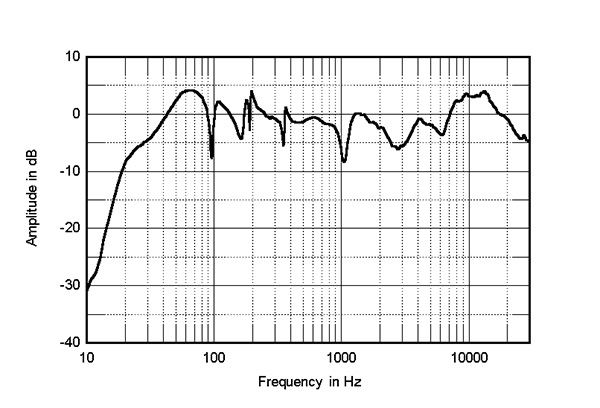It’s curious that expectation bias from speaker measurements is just as likely to develop as from a speaker’s: appearance, price, name brand etc. (i.e. “conventional” sources of such bias).
Where measurements get interesting is how folks can have more-or-less informed background knowledge / experience with which to interpret them and develop extrapolations.
An important consideration is how “good” measurements could be used to fillip experimenter bias much the way some “conventional” speaker preference-driving traits have been used. In the case of measurements, I wonder if the effect will be more pronounced. That seems a possibility given (1) the average consumer’s probable lower level of consistency in understanding a suite of data, a spin graph / score, etc. (vs. a characteristic that doesn’t require as much understanding of analytics), and (2) the obvious fact that while good measurements don’t insure a speaker will sound good to a given listener, there is good reason to predict / assume this.
For average consumers, I think measurements = just another category with which folks will have to pick their individual points of “honesty-with-oneself” in order to use them efficiently (or avoid them) … (again, as consumers). Obviously, it’s different for designers, who by virtue of their trade should be increasingly considerate of measurements since they’ll potentially face an increasing trend of such data for their products. The recent thing between one designer and a couple of data gurus online is an extraordinary free lesson towards this angle, for anyone else in, and everyone entering, the trade (IMO).
As some of the knowledgeable designers have pointed out, relevance of measurements really depends on certain things more-or-less important to the given listener, and how the listener will have the speakers set up. But predictions / assumptions developed without a sufficient first-hand frame of reference (comparing multiple measurements x multiple speakers) could be spurious.
And even with much experience (in measurements x speakers consumerism), starting a speaker hunt with measurements in mind is starting a speaker hunt with bias. Perhaps not all bias produces poor real-world results. 😉 It’s an intriguing conundrum.


